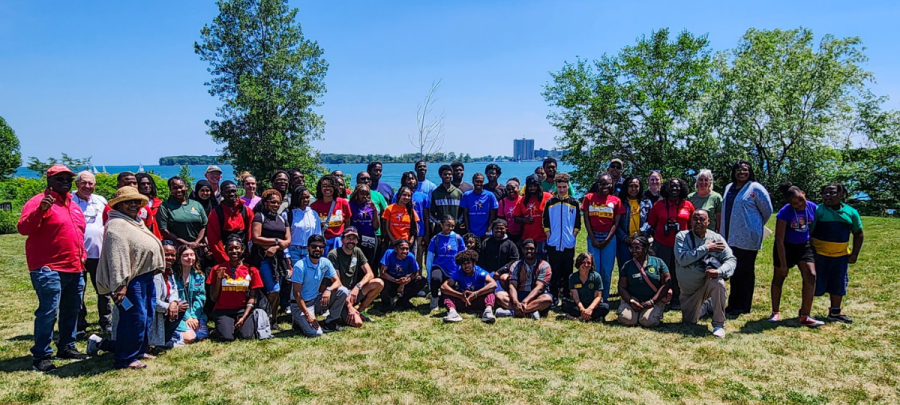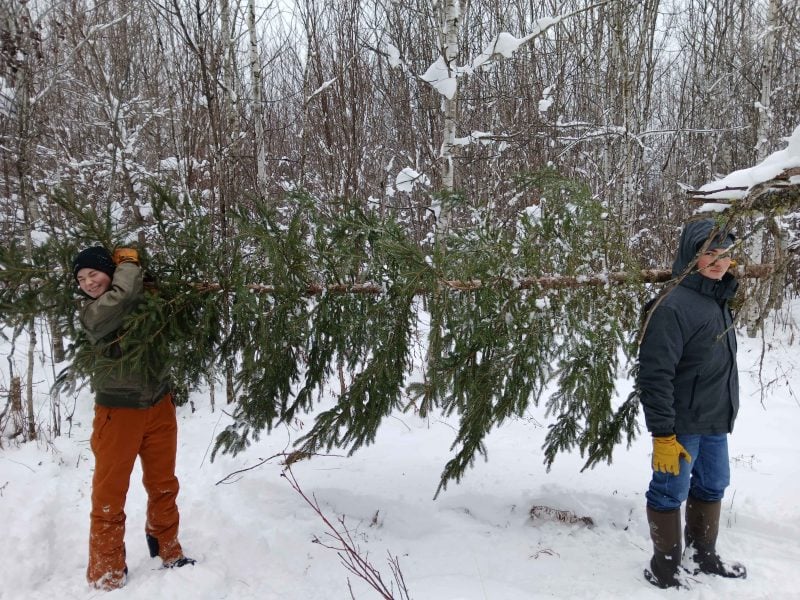
In this guest blog by College of Forest Resources and Environmental Science Dean David Flaspohler and Michigan Technological University Vice President for Community Engagement Wayne Gersie, learn more about a program designed to bring Science, Technology, Engineering, and Math (STEM) education to students in an environmental framework that they might not otherwise experience.
Michigan Technological University recently wrapped up an immersive summer learning experience that began with a gathering in the Upper Peninsula and extended to outreach in Detroit.
